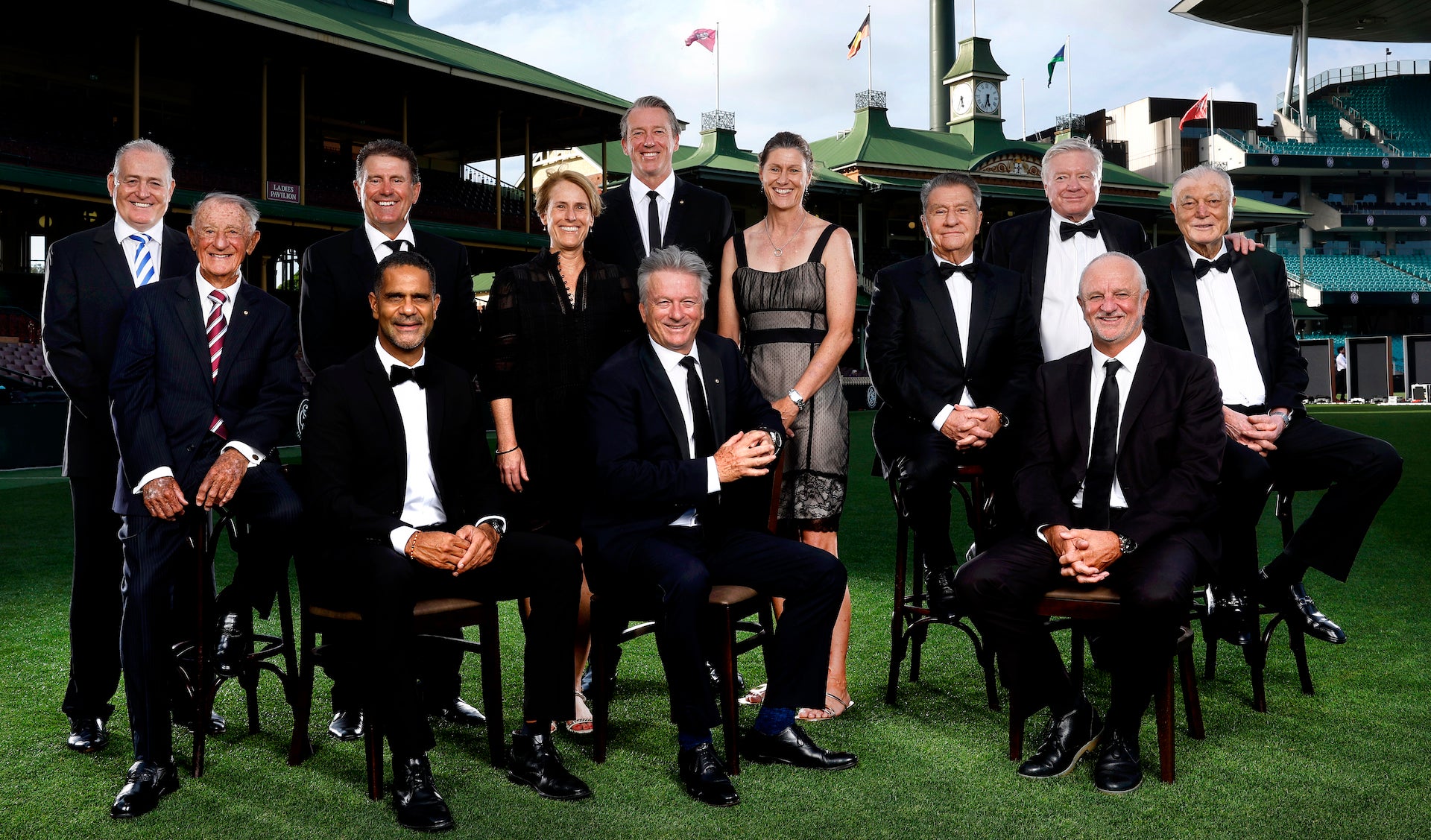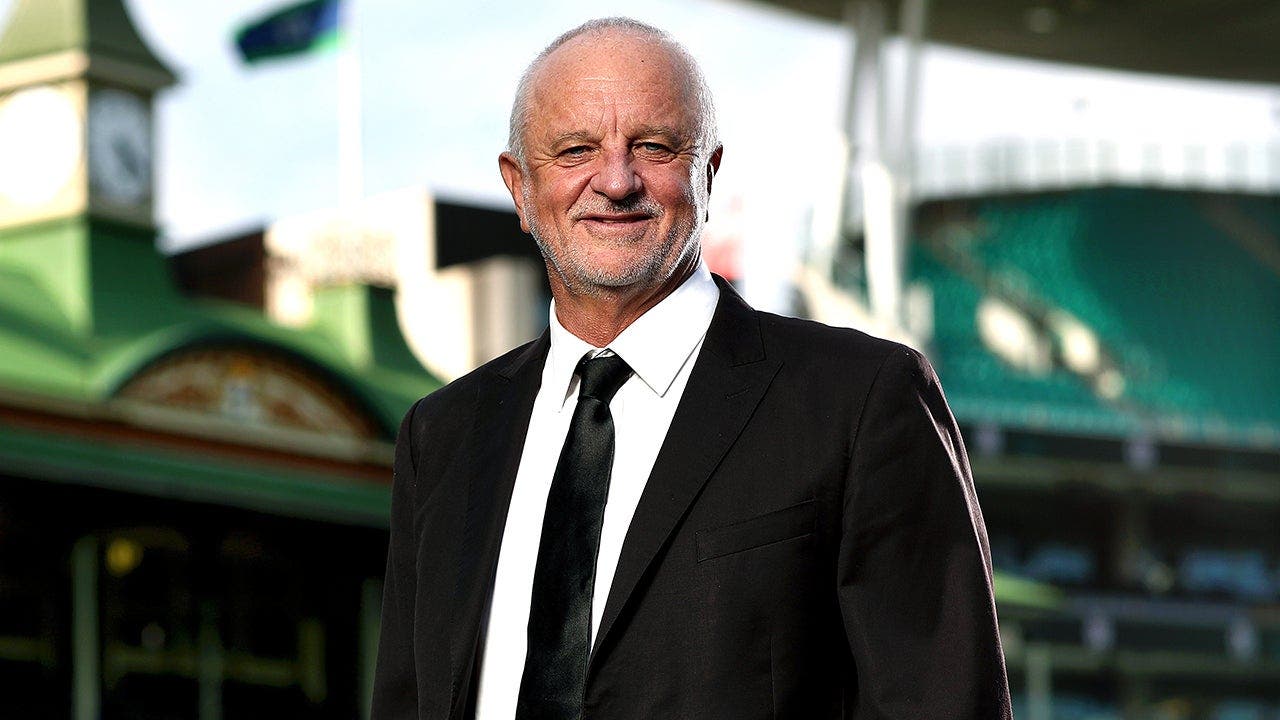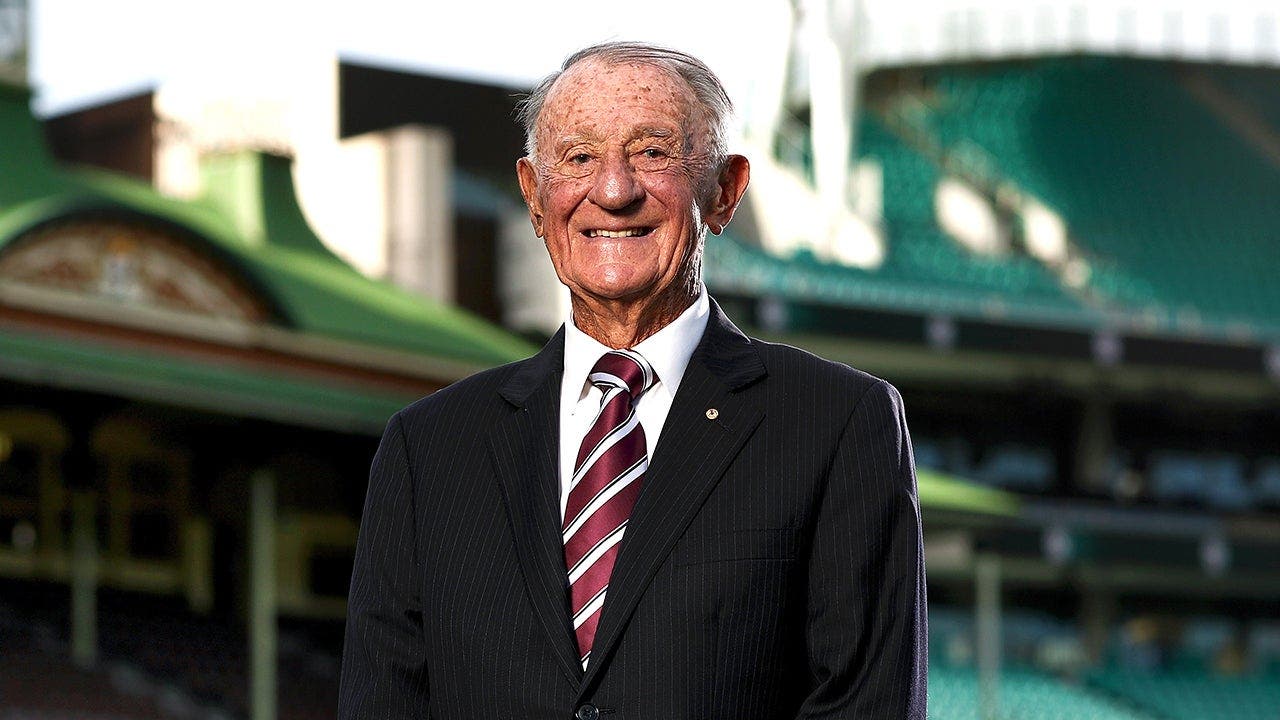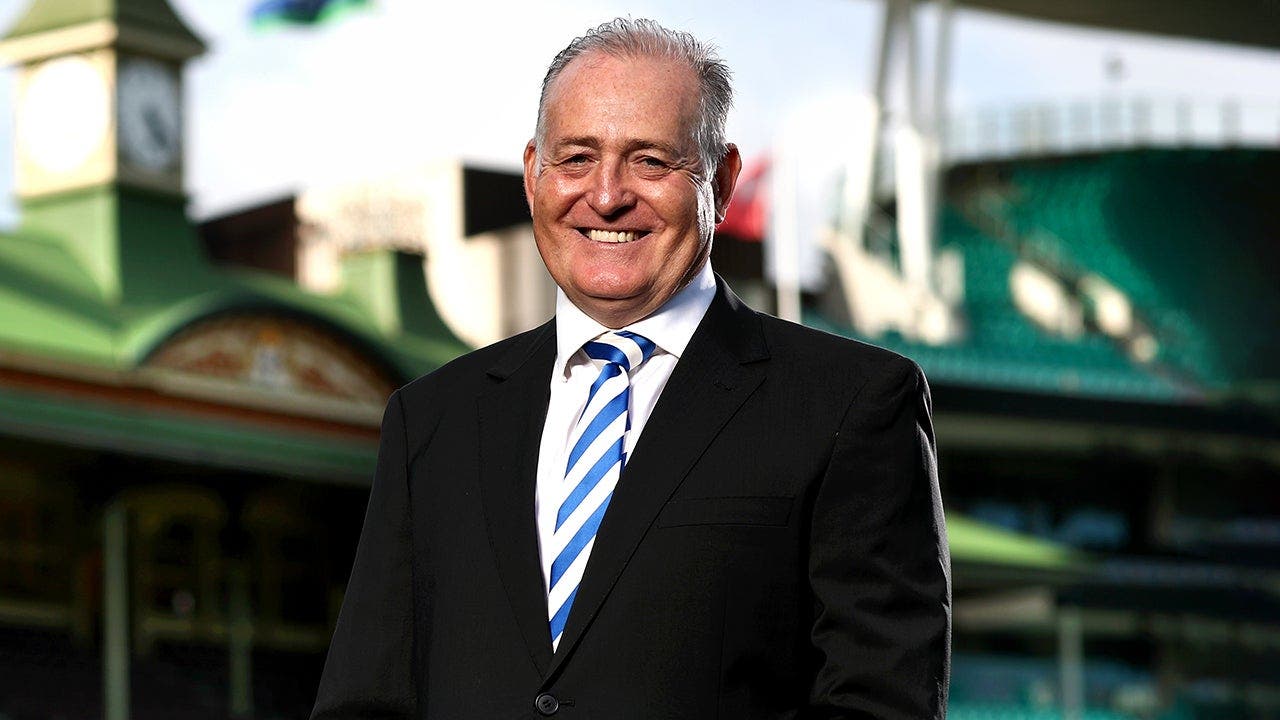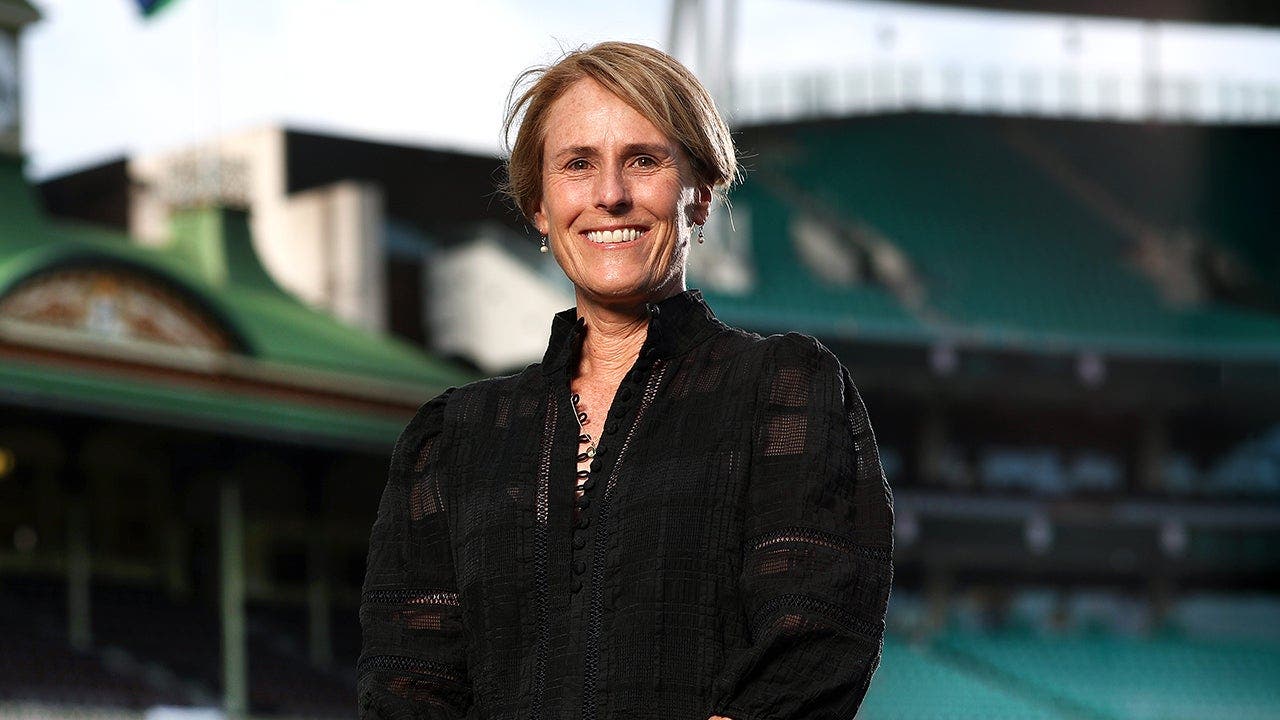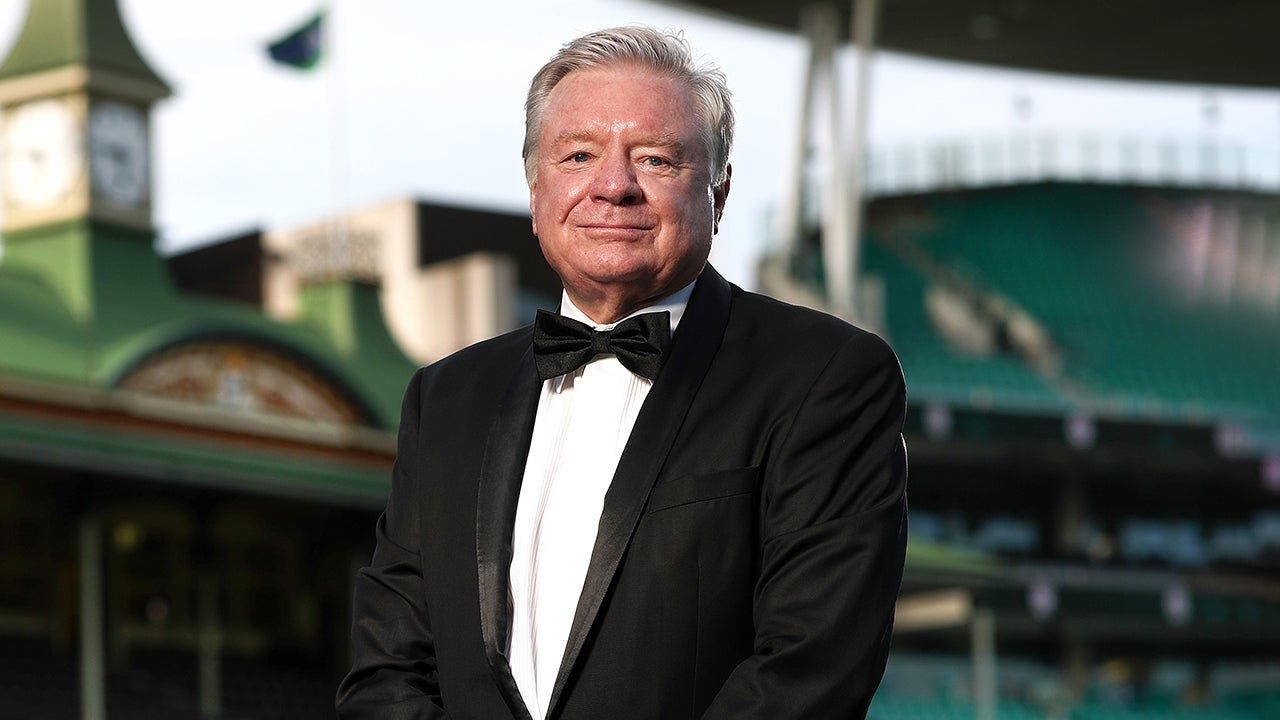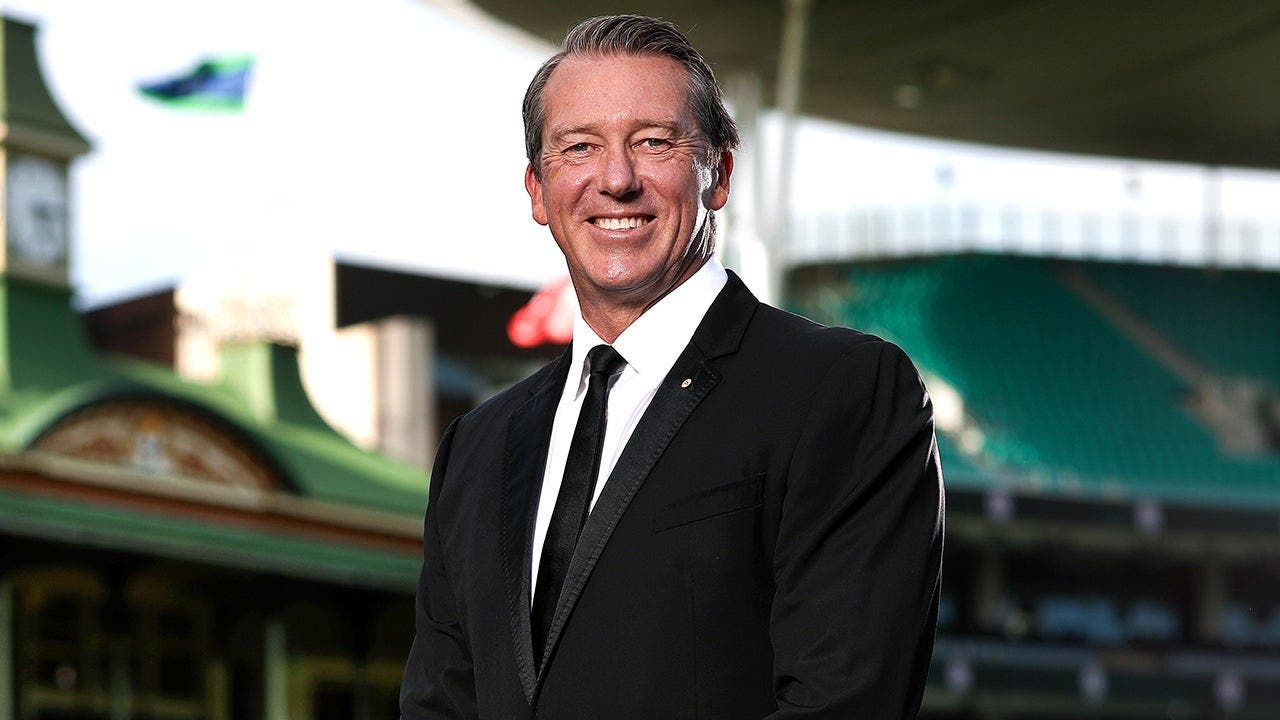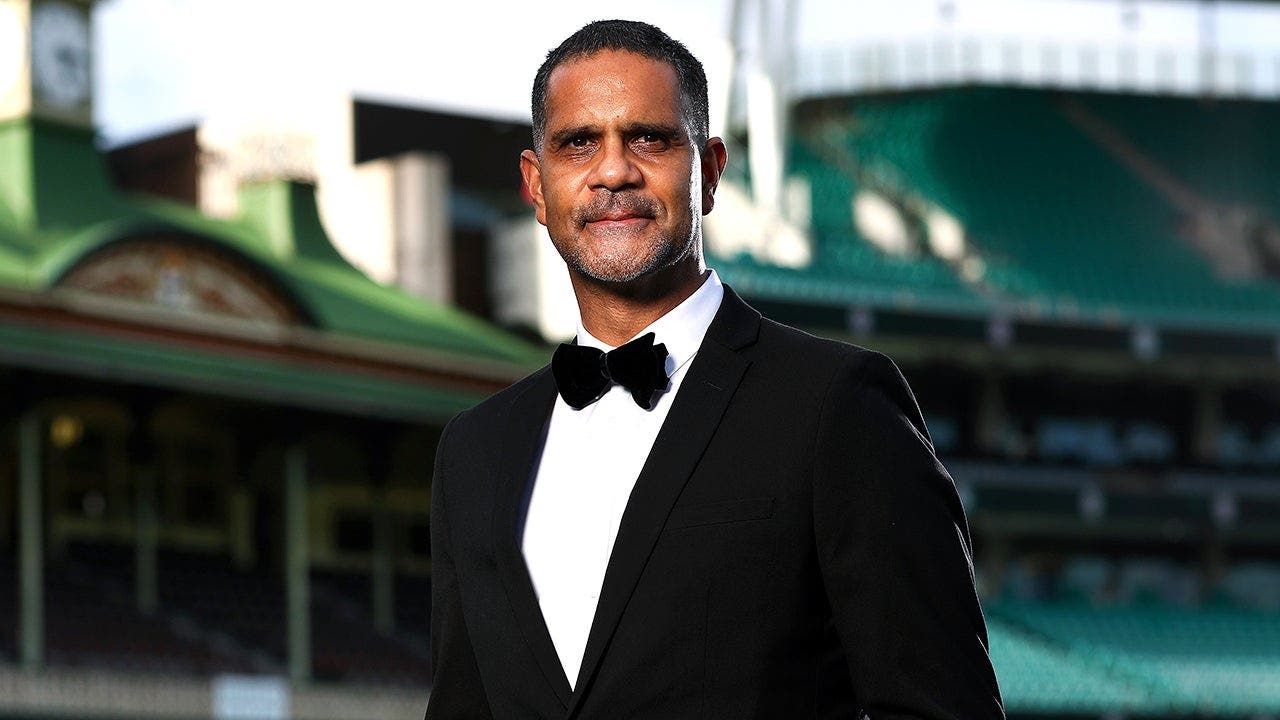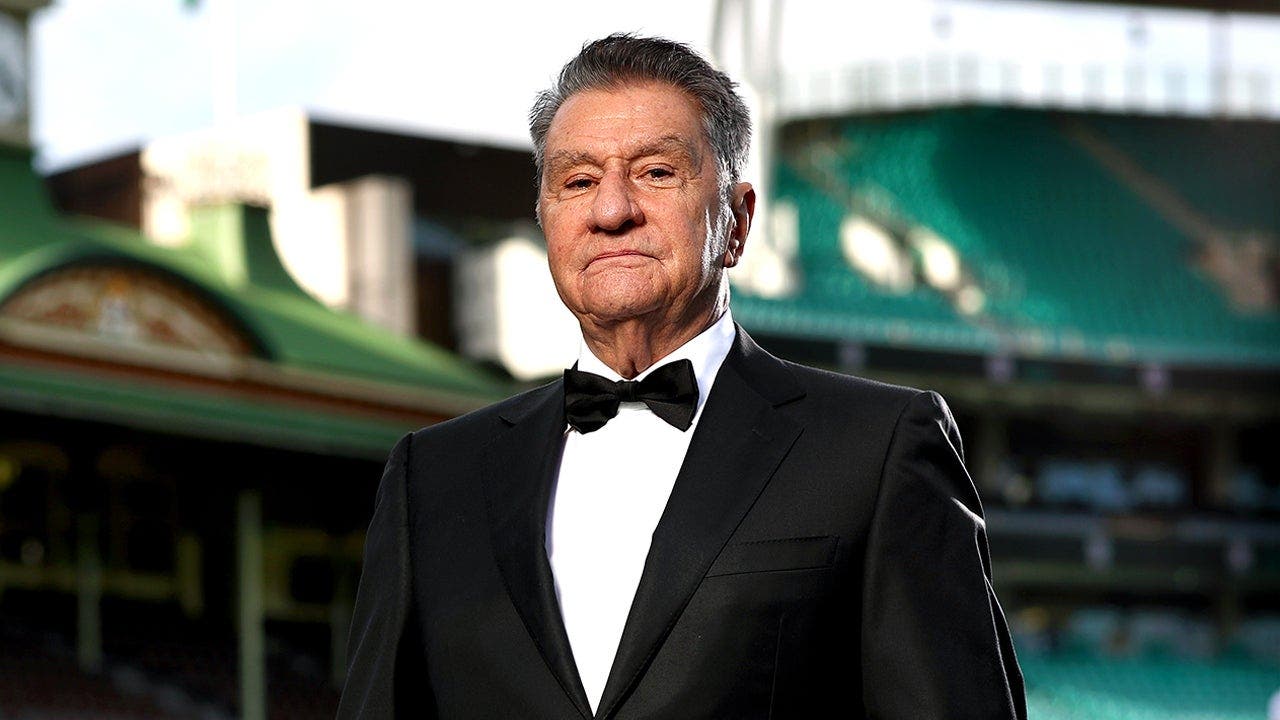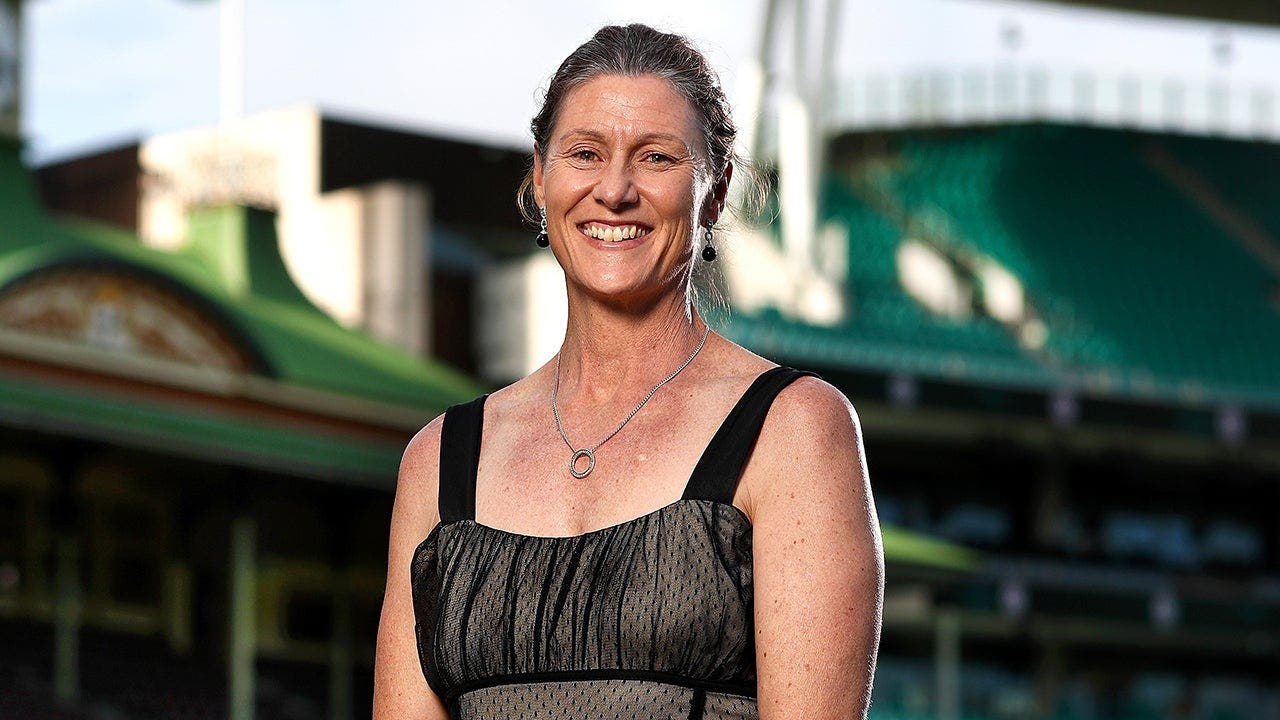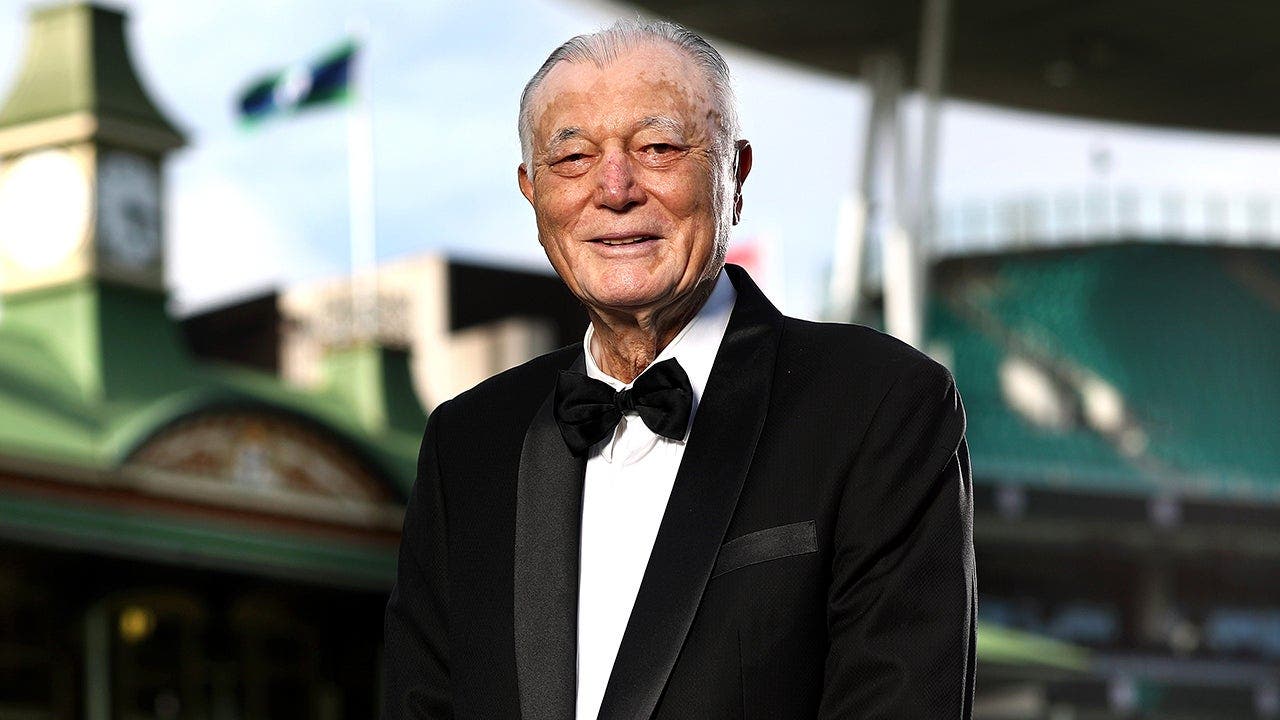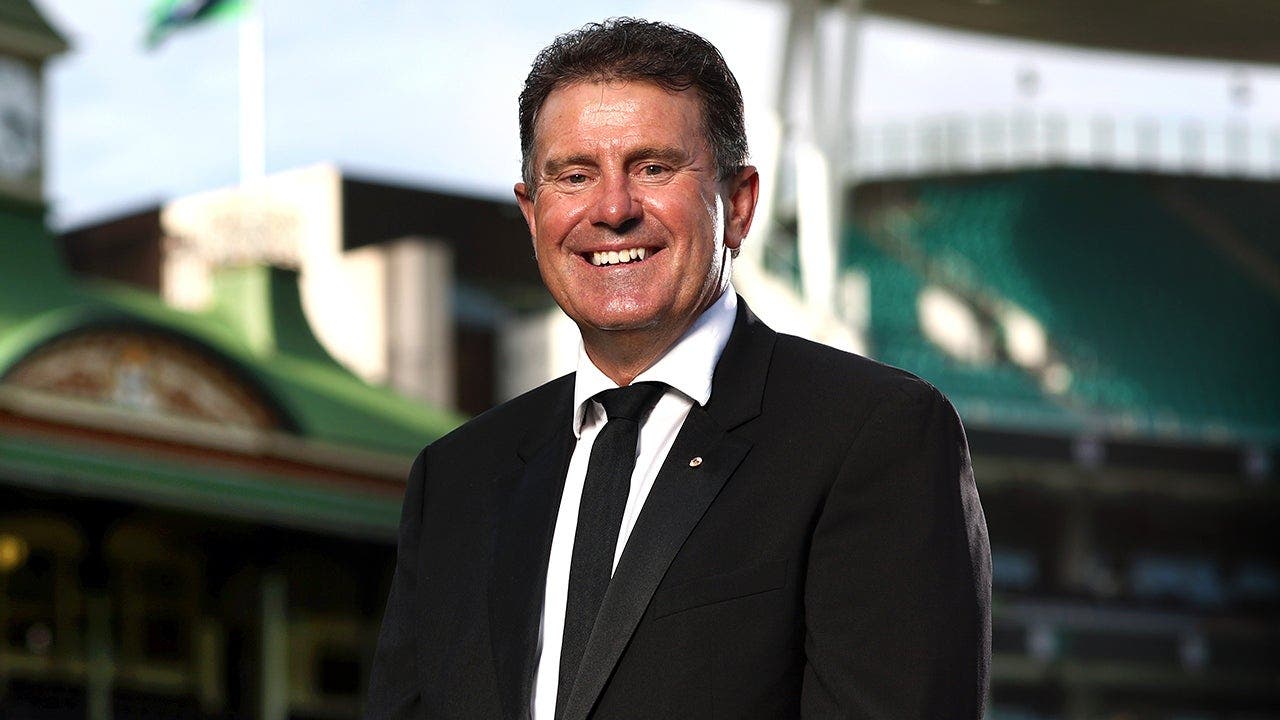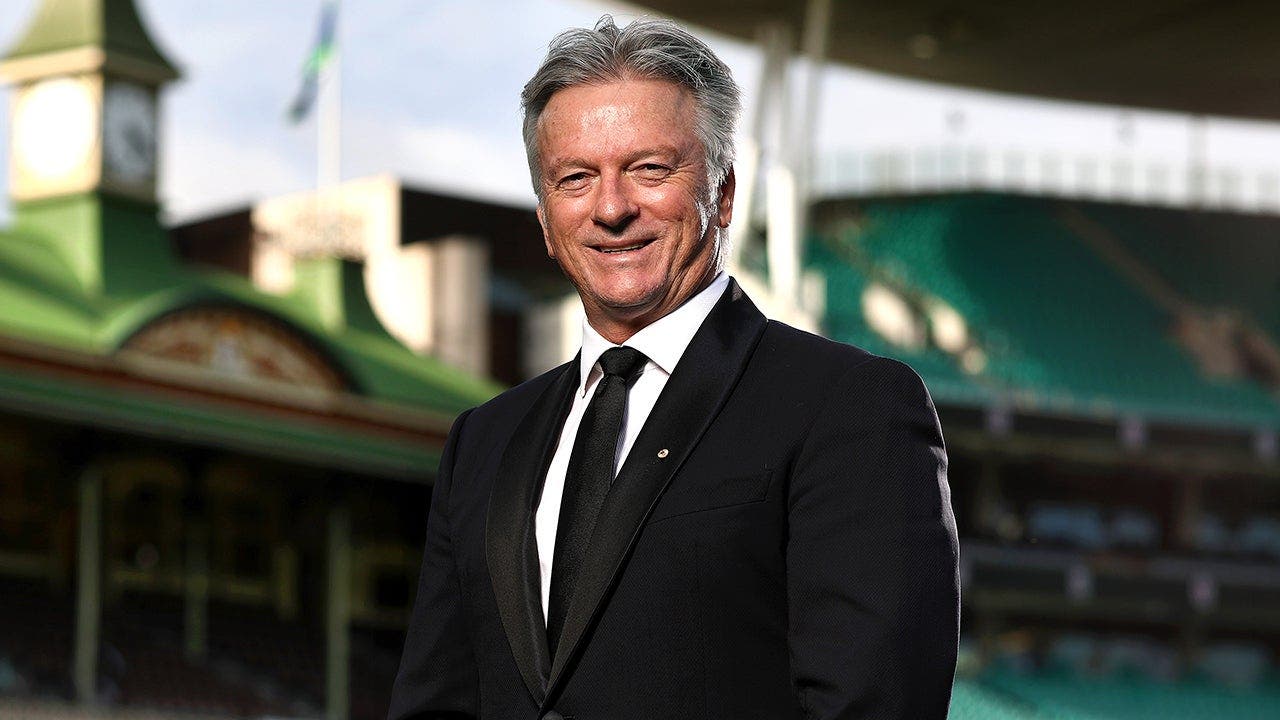The 2023 Life Members induction is the third, following those in 2000 and in 2008. In 2000, some of Australian sport’s greatest ever were inducted including Sir Donald Bradman, rugby league Immortal Reg Gasnier, cricketers Richie Benaud, Doug Walters and Neil Harvey, and athletics legends Betty Cuthbert and Marjorie Jackson-Nelson.
In 2008, the rugby league Team of the Century was inducted prior to the Centenary Test when Australia played New Zealand, seeing NRL Hall of Fame members Arthur Beetson, Ron Coote, Bob Fulton, Noel Kelly, Graeme Langlands, Bob McCarthy, Norm Provan and Arthur Summons joining Gasnier as Life Members.
What is the criteria for life membership of the SCG?
Life membership is the highest individual honour at the Sydney Cricket Ground. It can be awarded sportspeople, administrators, officials or other contributors to the SCG precinct, and for outstanding career achievement.
What is the process for life membership?
The process starts with full and thorough consultation with home teams, codes and other stakeholders. The former SCG Trust began the current process in September 2020 in preparation for the opening of the new Allianz Stadium.
Who is eligible for life membership of the SCG?
Players, administrators, officials and other contributors to the SCG precinct. Nominations may come from sporting and other partners, with the process managed by the SCG Heritage Trust, which makes a recommendation to the board of Venues NSW. People who have been nominated previously remain eligible for future consideration.
When is the next induction of life members?
The next group induction of life members is likely to be in 2028.
Existing Life Members
• Patrick Hills AO
• Sir Roden Cutler VC AK KCMG KCVO CBE
• Arthur Morris MBE
• Betty Cuthbert AC MBE
• Marjorie Jackson-Nelson AC CVO MBE DStJ
• Marlene Mathews AO
• Richie Benaud OBE
• Sir Donald Bradman AC
• Bill Brown OAM
• Alan Davidson AM MBE
| • Neil Harvey MBE
• Keith Miller MBE
• Norman O’Neill OAM
• Bob Simpson AM
• Doug Walters MBE
• Reg Gasnier AM
• Keith Holman MBE
• Trevor Allan OAM
• Colin Windon
• Sir Nicholas Shehadie AC OBE
• Arthur Beetson OAM
| • Ron Coote AM
• Bob Fulton AM
• Noel Kelly OAM
• Graeme Langlands MBE
• Bob McCarthy MBE
• Norm Provan
• John Raper MBE
• Arthur Summons
• Hon. Michael Cleary AO
• Rodney Cavalier AO
• Ken Catchpole OAM
• Anthony Shepherd AO
|

